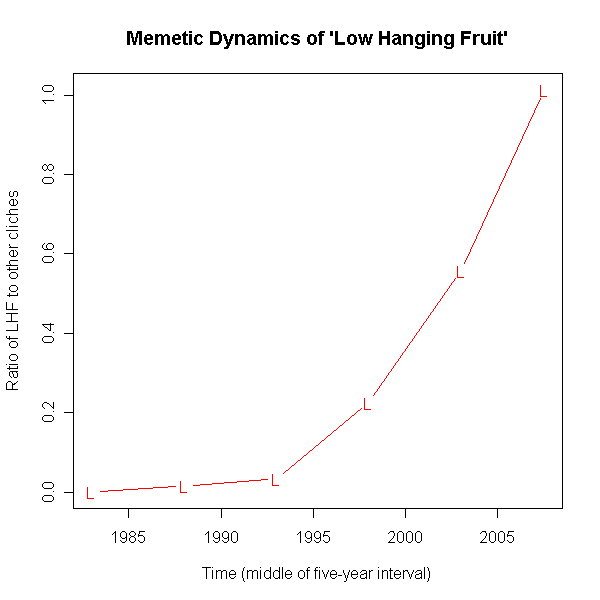A deeply flawed character
When phrases are coordinated, readers infer that the the juxtaposed elements are in some way parallel. Careless coordination produces unwanted inferences. Today's Daily Beast serves up an object lesson:
Stunned colleagues Friday described veteran CBS News producer Joe Halderman—who was arrested outside the network’s West 57th Street offices Thursday in the alleged scheme to blackmail David Letterman—as a rogue and a womanizer, a lover of literature, a “smart frat boy,” a swashbuckling journalist, and an occasional barroom brawler who distinguished himself in dangerous war zones and occasionally displayed a certain reckless streak.
Fucking literature lovers.
Permalink Comments off





